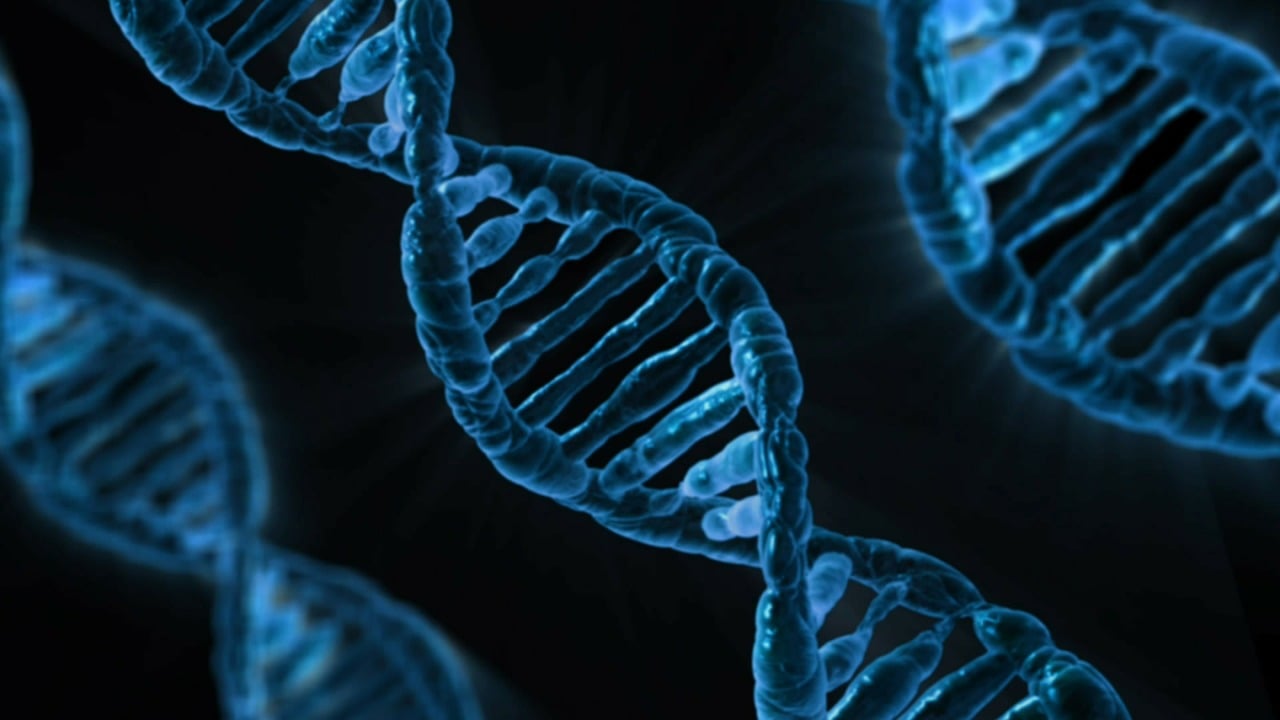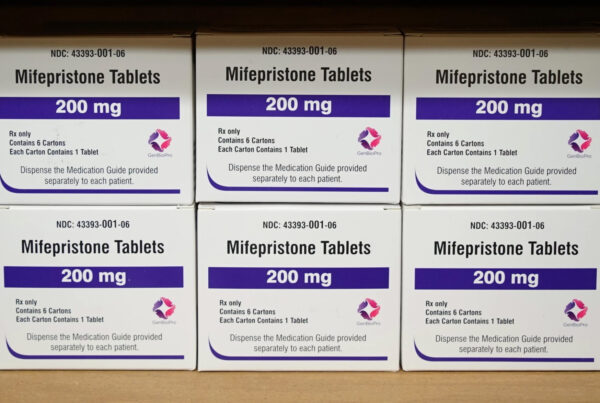Researchers have touted CRISPR as a medical game-changer for years. CRISPR is a technique to target and edit specific genes – like slightly changing the code that your body runs on. The scientists who discovered CRISPR earned a Nobel Prize for their work.
It took the better part of a decade for researchers to develop an application for CRISPR. But last week, the U.S. Food and Drug Administration approved a CRISPR-based treatment for sickle cell disease.
Dr. Rhonda Bassel-Duby, a professor of molecular biology at UT-Southwestern Medical Center in Dallas, spoke to the Texas Standard about the future of the technology.
This transcript has been edited lightly for clarity:
Texas Standard: Now that this first treatment for CRISPR has been approved, do you expect we’ll see more in short order?
Rhonda Bassel-Duby: That is actually the hope, because CRISPR actually has the ability to revolutionize medicine. In fact, the types of treatment that we have right now, and many of them are very beneficial, but they’re treatments such as drugs that we take every day that help treat our diseases.
But CRISPR is groundbreaking, revolutionary; it’s really [a] totally different approach. It’s a gene editing technology: So CRISPR can go in, change our DNA, change our genetic material – which is our personal blueprint – and so it can change and correct the mutation that is causing the disease, and it does so in a permanent way.
Well, thinking even further ahead: Are there applications that you can imagine that might be achieved with CRISPR that can’t be achieved right now with current medical technology?
Well, the difference – it’s just, the thinking is so different, because right now what we’re doing with many of our treatments is we’re treating the symptoms. What CRISPR can do is go in and change the actual gene that has the mutation and correct it permanently. So it’s just a different way of thinking of medicine.
» GET MORE NEWS FROM AROUND THE STATE: Sign up for Texas Standard’s weekly newsletters
So I’m thinking about something like the BRCA breast cancer gene, right? If you have that, you’re very high risk for some different types of cancer. That sort of thing might be a candidate?
Right. So that’s where all the work comes that the scientists and the research groups are doing. You have to first identify what the mutation is. Then you have to design the CRISPR components so that they will correct the mutations and, you know, make the changes so that it will make it a normal gene.
And so that’s really where the difficulty or the limitation or the challenges are – really we spend a lot of time in the lab making sure that we have the right CRISPR components for the diseases that we are investigating.
I mean, it seems really exciting when you’re talking about curing a disease for someone, but I can also see how some listeners might be scared or nervous about the possibility of genome editing – I mean, you talked about this: These are our blueprints. Are there serious risks involved or ethical things that we’re still working out?
Yes, there are. And there are many actual limitations and challenges with CRISPR. So as you kind of alluded to, one of the main things that we’re very concerned with is what we call off target. And that means that even though your intention was – and your design is – for CRISPR to go in and correct a gene, what happens if there’s off target and it disrupts another gene that you did not want to change? And so we spend hours and hours and hours making sure that we have the right CRISPR components. So off target is one of our big limitations.
The other limitation is delivery. In this case, because it is a blood disease. They were able to get blood stem cells and alter them and then deliver them back into the patient. But diseases that affect, let’s say, muscle – like Duchenne muscular dystrophy – you have to be able to deliver CRISPR to all of the different muscles. And so that is a huge undertaking.
The other limitation that we face is efficacy and making sure that even if you can deliver it, will CRISPR be efficient and effective in all of the genomes in the cells? And then, of course, something that we haven’t talked about is the cost of developing and producing CRISPR is another huge challenge that the companies are facing.














